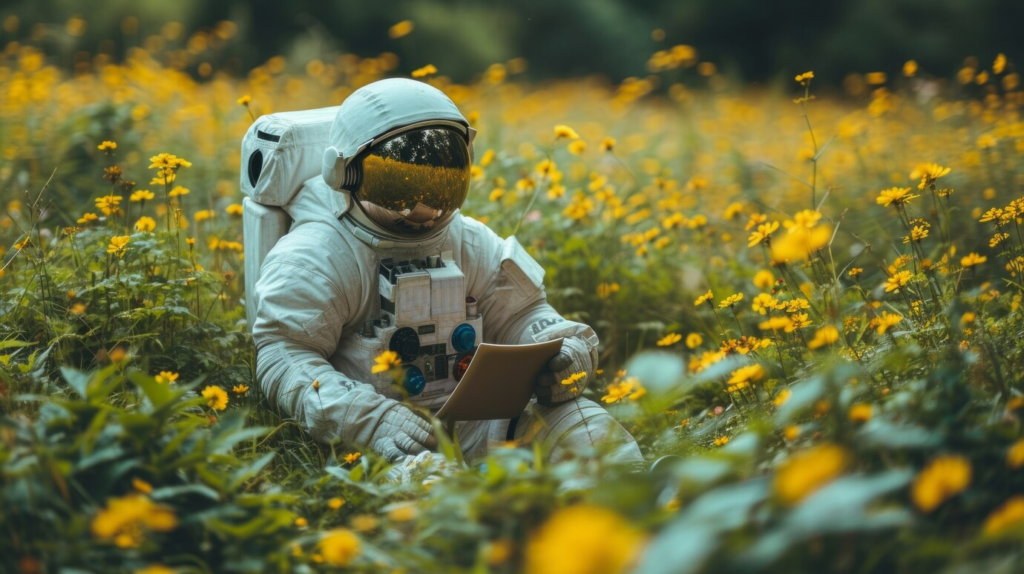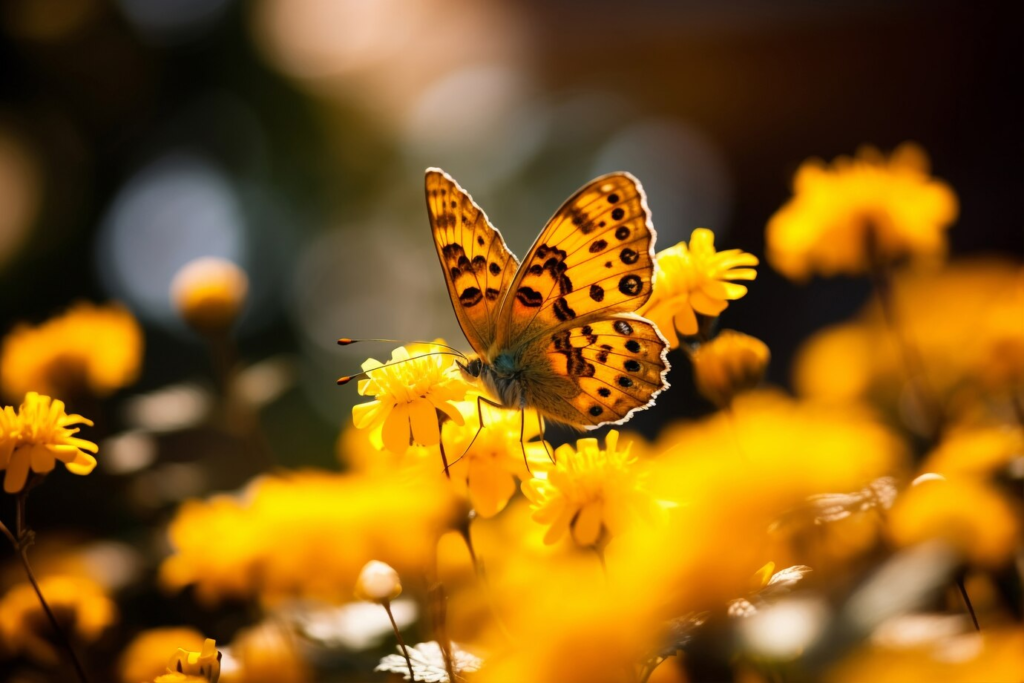All About Pollinators: What They Are and How to Support Them

Pollinators are insects or birds (sometimes mammals) that pollinate plants by transferring pollen from one plant to another. The movement of pollen grains from one plant to another is a way of exchanging plant material that is useful for reproduction and allows plants to produce foods such as apples, oranges, pumpkins, walnuts and berries. 1 Some organisms, such as honey bees, pollinate. intentional and part of their own systems of food production, survival and social structure. Other species, such as hummingbirds, do this unintentionally by simply visiting many flowers to drink nectar.
Why Pollinators are Important
Pollinators are an integral part of any ecosystem. Pollinators stimulate plant growth and help maintain landscape diversity. Most plants require a certain amount of pollination. Agriculture is especially dependent on bees to pollinate the flowers of plants and trees that produce fruits, vegetables and nuts, and agriculture is an important component of both the food supply and the economy.

Common Pollinators in the U.S.
There are a number of common pollinators in the United States, and they are found in a wide variety of habitats, including rural and urban areas.
Monarch Butterflies: Currently critically endangered due to declining numbers, this once abundant butterfly is considered one of the most important pollinators.3 They like milkweed, asclepius (butterfly grass) and buddleia (butterfly bush), and you you can grow them in your garden. providing them with an important source of food.4
Butterflies: Many species of butterflies are effective and beautiful pollinators. Some people are attracted to very specific plants. Most butterfly species are in decline, primarily due to habitat loss, so planting butterfly-friendly plants can be vital to butterfly survival.3
Hummingbirds: Beautiful to look at, these elusive but playful birds love to visit a variety of flowers, including agastache (hummingbird mint), nepeta (mint flower),5
Bats: Bats are shy, nocturnal creatures that eat a variety of pesky insects (such as mosquitoes) and are generally very beneficial to the local ecosystem.6 You can book a bat house in your garden to attract them. Although they act like birds, bats are actually mammals. They are important pollinators of several food crops, including durian, dragon fruit and African locust7.
Beetles: Although some beetles, such as Japanese beetles or red beetles, can be garden pests, many are good pollinators. Beetles are known to be among the earliest pollinators on Earth due to the large number of beetle species in prehistoric times. They also tend to chew leaves during the pollination process. 8
Wasps: Although their stings can be annoying, wasps are very effective pollinators.9
Bees: There are many types of beneficial pollinators, including honey bees, carpenter bees, sweat bees, bumblebees and others.
Moths: Like butterflies, many moths are nocturnal and pollinate plants after dark.10 Moth larvae are also an important food source for many birds, bats, frogs, toads, and lizards and form an important part of healthy ecosystems.
Mosquitoes: Yes, these biting machines and disease vectors are actually good for one thing: pollination!11
Flies: They may not be everyone’s favorite insect, but flies are nonetheless beneficial pollinators of many plants.12 Flies also reproduce quickly, so their population density makes their pollination common in many regions.
Lizards. In some areas, such as islands with unique ecosystems, lizards become very important pollinators along with birds and insects.13
Other mammalian pollinators. In addition to many species of bats, there are several other species of mammals that act as pollinators, including some species of shrews, marsupials, lemurs, and flying foxes.1415
How to support pollination
There are several ways to support pollinators in your area.
Create habitat for pollinators. Allowing some weeds to grow in your lawn and some parts of your land to go a little wild will help attract more pollinators.
Avoid using toxic herbicides and pesticides. These products can disrupt insect behavior and are associated with colony collapse disorder. There are many organic methods for controlling unwanted weeds and pests.
Plant pollinator-friendly plants. Plants that attract bees, butterflies, moths, hummingbirds and other birds will bring these pollinators into your yard and provide a hospitable environment for them to grow and find food.
Avoid bright outdoor lighting at night. Bright outdoor lighting can confuse migratory birds, many of which act as pollinators. Try using solar-powered lights or motion sensors to reduce unnecessary light.
Support local farmers and beekeepers. Supporting the work of organic farmers and beekeepers by purchasing their products can help ensure efforts to create healthy habitats for pollinators.